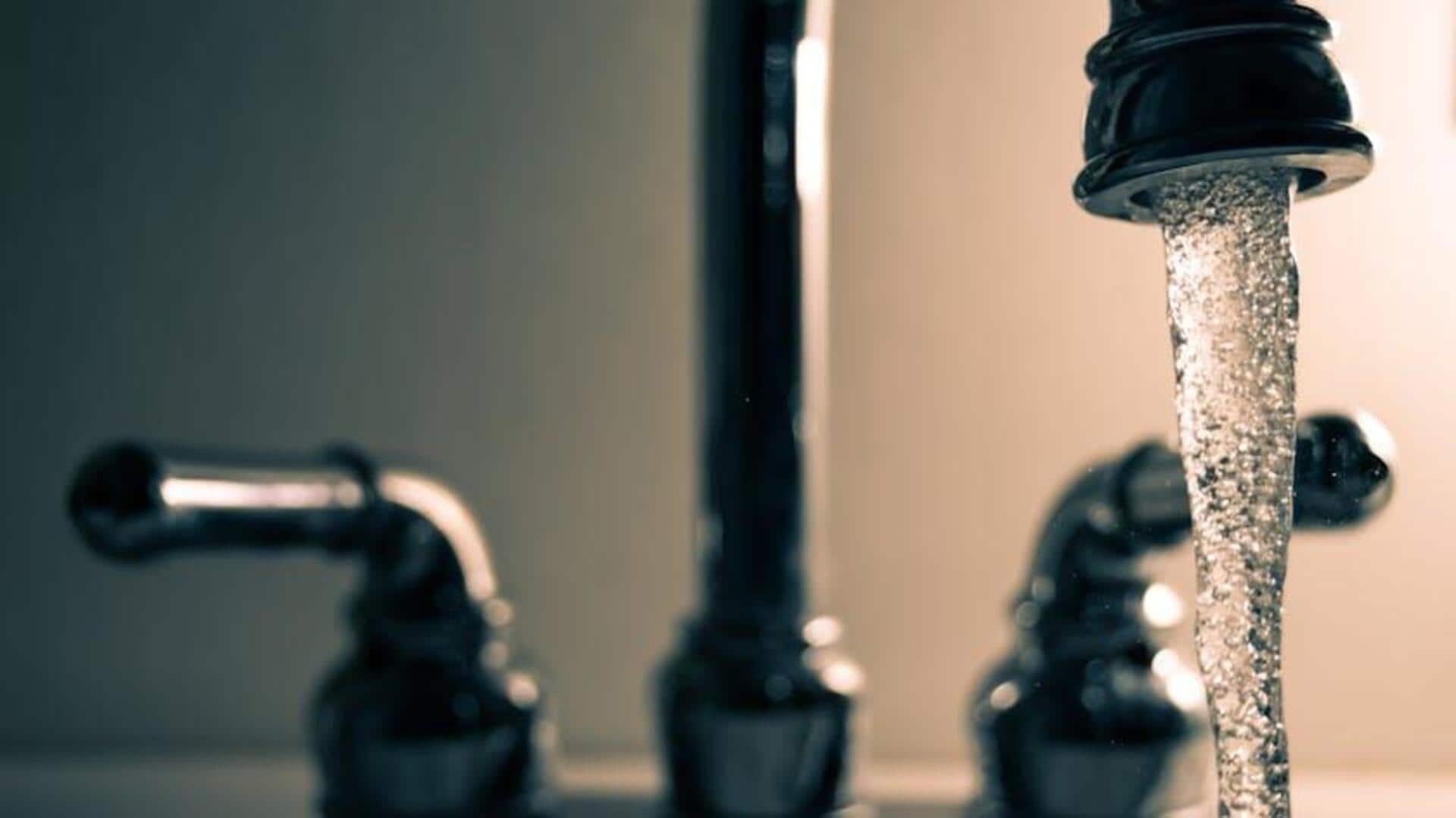
5 hacks to save water at home
What's the story
Efficient water usage is imperative for African homes, particularly when operating on a shoestring budget. With water becoming increasingly scarce and expensive, conserving water can help you save a lot. In this article, we look at practical and cost-effective ways households could adopt to minimize their water usage without giving up on daily needs. These strategies are simple, yet effective, because every drop counts!
Low-flow fixtures
Install low-flow fixtures
Installing low-flow fixtures is an effective way to reduce water usage in homes. These fixtures, such as showerheads and faucets, are designed to limit water flow while maintaining adequate pressure. Using low-flow options, households can cut down their water consumption by up to 50%. The initial investment is relatively low, often costing less than $20 per fixture, making it a budget-friendly option for many families.
Rainwater harvesting
Harvest rainwater
Rainwater harvesting is simply collecting rain from rooftops and storing them for future use. This provides an alternative source of water that can be utilized for gardening or cleaning purposes. Setting up a basic rainwater collection system can be done with a minimal investment in barrels/tanks, but saves you long-term utility bills. It also reduces dependence on municipal supplies during dry periods.
Leak repair
Fix leaks promptly
Leaking faucets and pipes can waste a lot of water over time if not fixed immediately. Regularly checking for leaks and getting it repaired immediately can help prevent unnecessary wastage. A single dripping faucet can waste up to 20 liters of water a day, so fixing leaks makes for an economical and environmentally-friendly practice.
Greywater recycling
Use greywater systems
Greywater systems recycle used water from baths, sinks, or washing machines for non-potable purposes like irrigation or toilet flushing. While implementing a greywater system involves some initial expense, it leads to significant reductions in overall household water usage in the long run. By reusing greywater appropriately, families can reduce their reliance on fresh supplies, while positively contributing towards sustainable living practices.
Smart gardening
Practice smart gardening techniques
Smart gardening involves planting drought-resistant plants and using efficient watering methods like drip irrigation, which uses less water than traditional sprinklers. These practices help especially during peak hours when evaporation rates are high due to direct sunlight. Adopting these techniques lowers water demand across landscapes, facilitating sustainable cultivation each year regardless of climatic conditions.